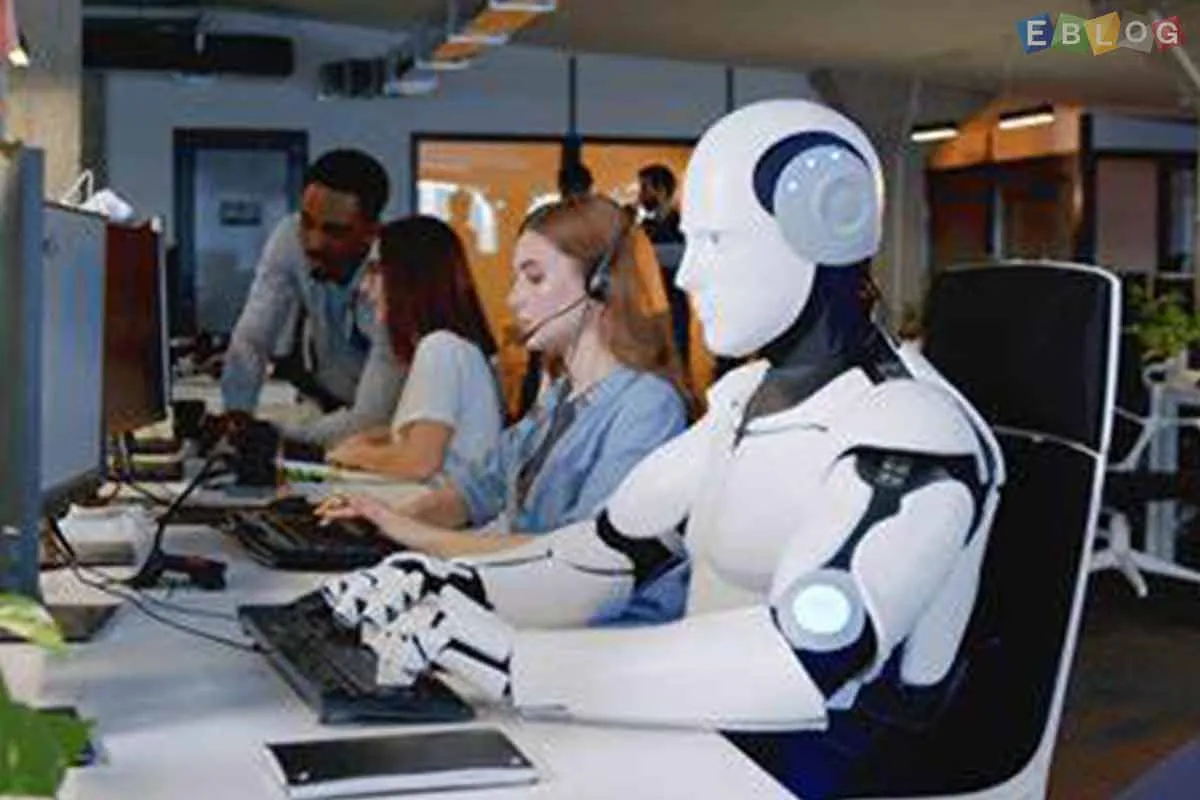
The Future of Work: How Tech Will Reshape Jobs in 2025
- 21 May, 2025
- Tech
- 630 Views
- 0 Comments
The world of work is undergoing a quiet revolution, and 2025 is shaping up to be a pivotal year. Technology, once a supportive tool, is now a driving force behind how we work, where we work, and even why we work. With artificial intelligence, automation, remote collaboration tools, and new workplace cultures taking root, the future of work looks very different from the traditional 9-to-5 office model we once knew.
So, how exactly is technology reshaping the job landscape in 2025? Let’s dive into the trends transforming the modern workplace.
1. AI and Automation: Coworkers, Not Competitors
Forget the fear that robots will steal all our jobs. In 2025, the narrative is shifting from “man vs. machine” to “man + machine.” AI tools are becoming essential collaborators, automating repetitive tasks, offering real-time insights, and enhancing human productivity.
Whether it's AI helping marketers generate content, assisting doctors with diagnostics, or analyzing financial trends faster than any spreadsheet ever could, the human-AI partnership is the new norm. Jobs won't disappear—they'll evolve.
Key takeaway: Emotional intelligence, creativity, and critical thinking are becoming more valuable than ever.
2. Remote & Hybrid Work Are Here to Stay
The pandemic changed the game, but by 2025, remote and hybrid work will have become standard practice. Thanks to tools like Zoom, Slack, Microsoft Teams, and immersive virtual workspaces, collaboration is no longer tied to geography.
Companies are optimizing for outcomes, not office hours. Work-life integration, asynchronous communication, and global hiring pools are becoming defining features of the modern workforce.
Hot trend: The rise of “digital nomad visas” is creating new possibilities for location-independent professionals.
3. Lifelong Learning Becomes a Job Requirement
The half-life of a skill is shrinking. In 2025, continuous learning isn't just a nice-to-have—it's a necessity. Platforms like Coursera, LinkedIn Learning, and AI-powered coaching tools are helping workers stay sharp and relevant.
Employers are also investing in upskilling and reskilling to close talent gaps, especially in AI, cybersecurity, and data science.
Future-proof tip: Adaptability and a growth mindset are the real superpowers in this fast-moving job market.
4. The Human Side of Work Gets More Attention
As machines take over tasks, there’s growing emphasis on human-centric roles: mental health professionals, coaches, social workers, designers, and storytellers. Empathy, ethics, and cultural understanding are climbing the ladder of desirable skills.
Meanwhile, tech is being used to improve well-being—think AI mental health tools, personalized wellness programs, and digital platforms for work-life balance.
Emerging roles: “Chief Wellness Officers” and “Workplace Experience Designers” are now part of forward-thinking companies.
5. Digital Skills Are the New Literacy
In 2025, being “tech-savvy” means more than knowing your way around a spreadsheet. From basic coding to data literacy to understanding how to prompt an AI effectively, digital fluency is the new baseline.
Even traditionally non-tech industries like construction, agriculture, and retail are using smart tech—from drones and IoT to AR-powered training.
Pro tip: Start thinking of yourself as a “tech user with a specialty,” no matter your profession.
Final Thoughts: A Work Revolution with a Human Core
The future of work isn’t about technology replacing people—it’s about tech amplifying human potential. Yes, the job market in 2025 will demand adaptability, technical know-how, and continuous learning—but it will also reward empathy, creativity, and purpose-driven work.
In short: The jobs of tomorrow still belong to humans, just supercharged by smarter tools.




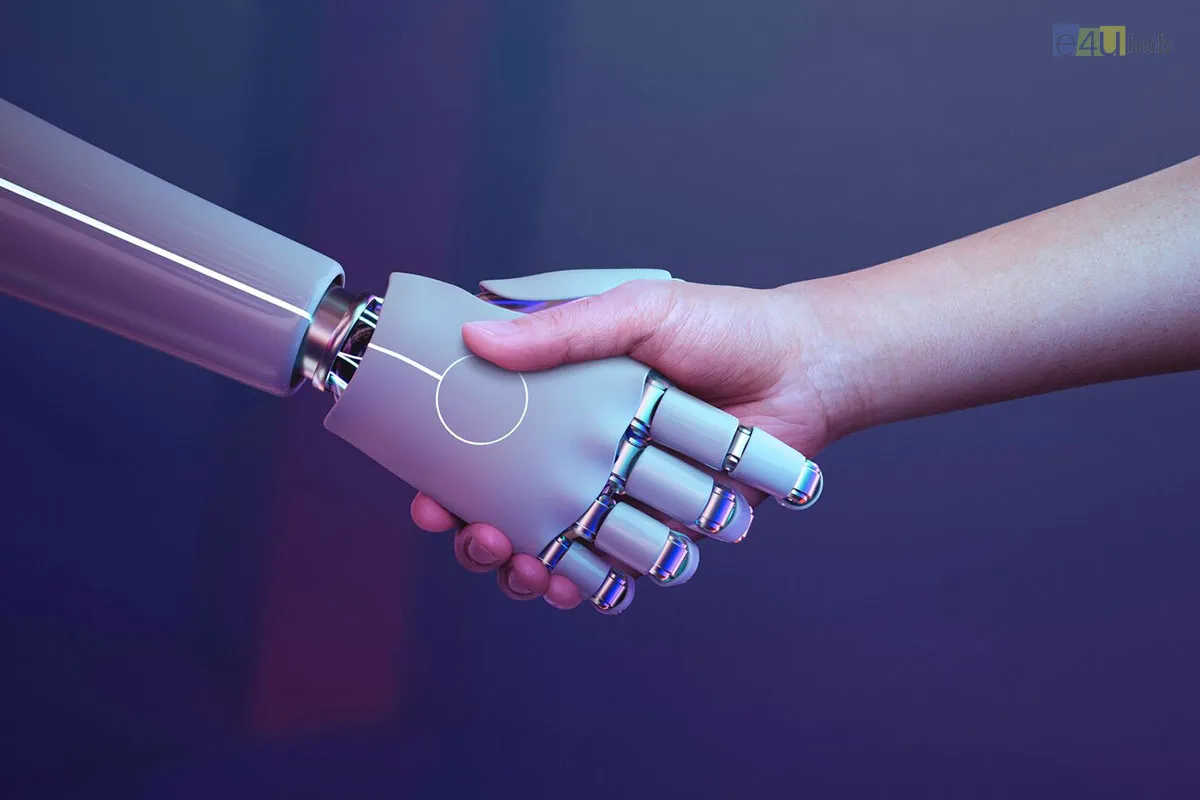


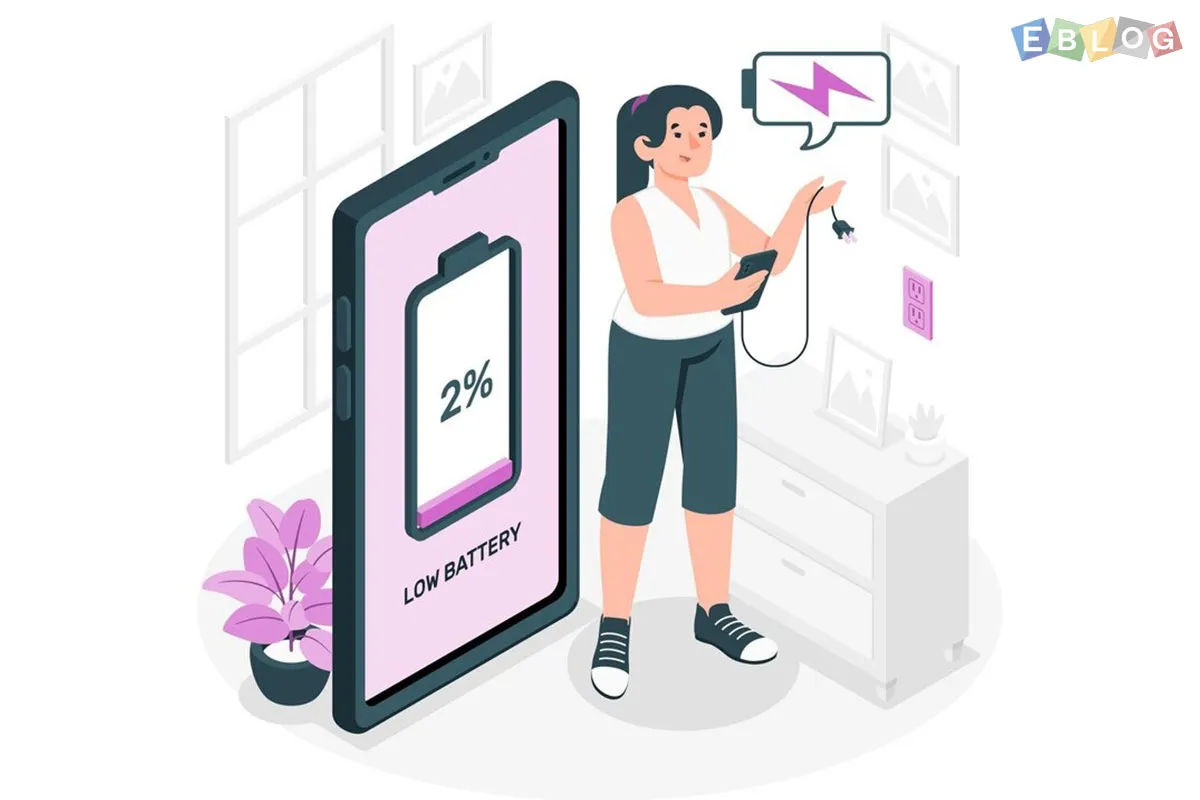
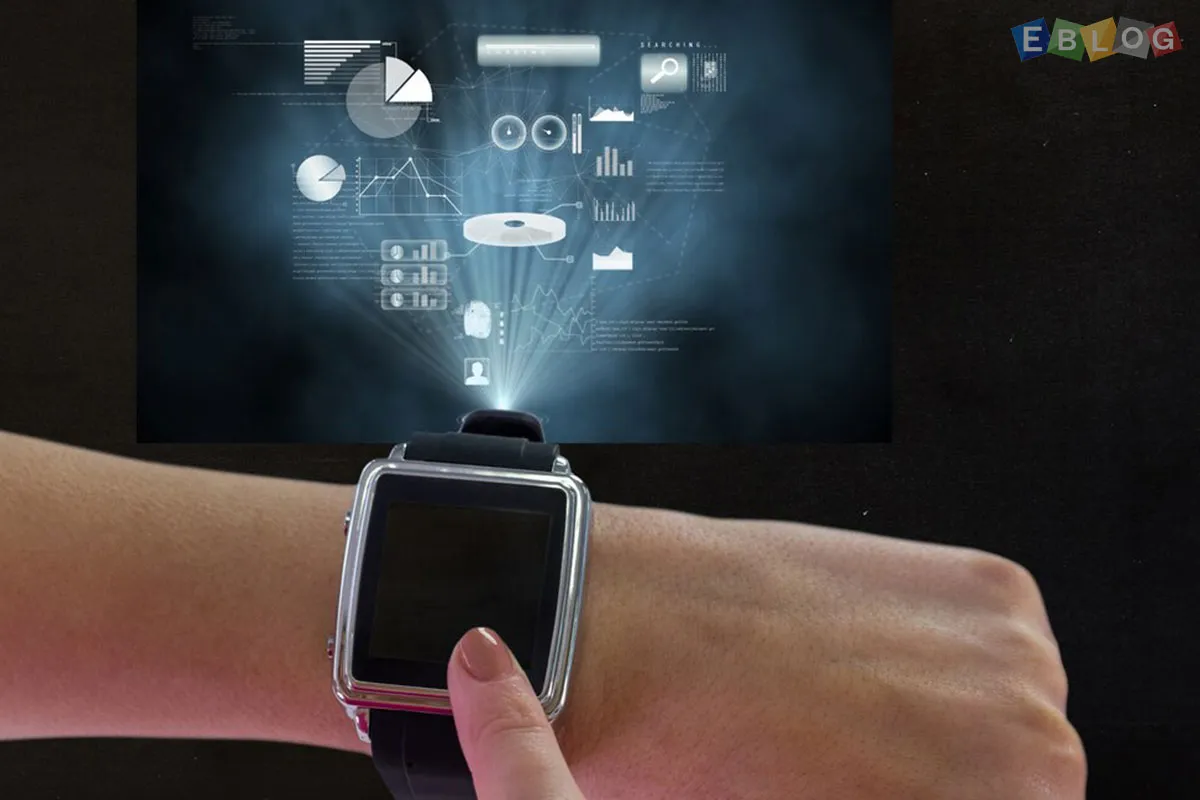

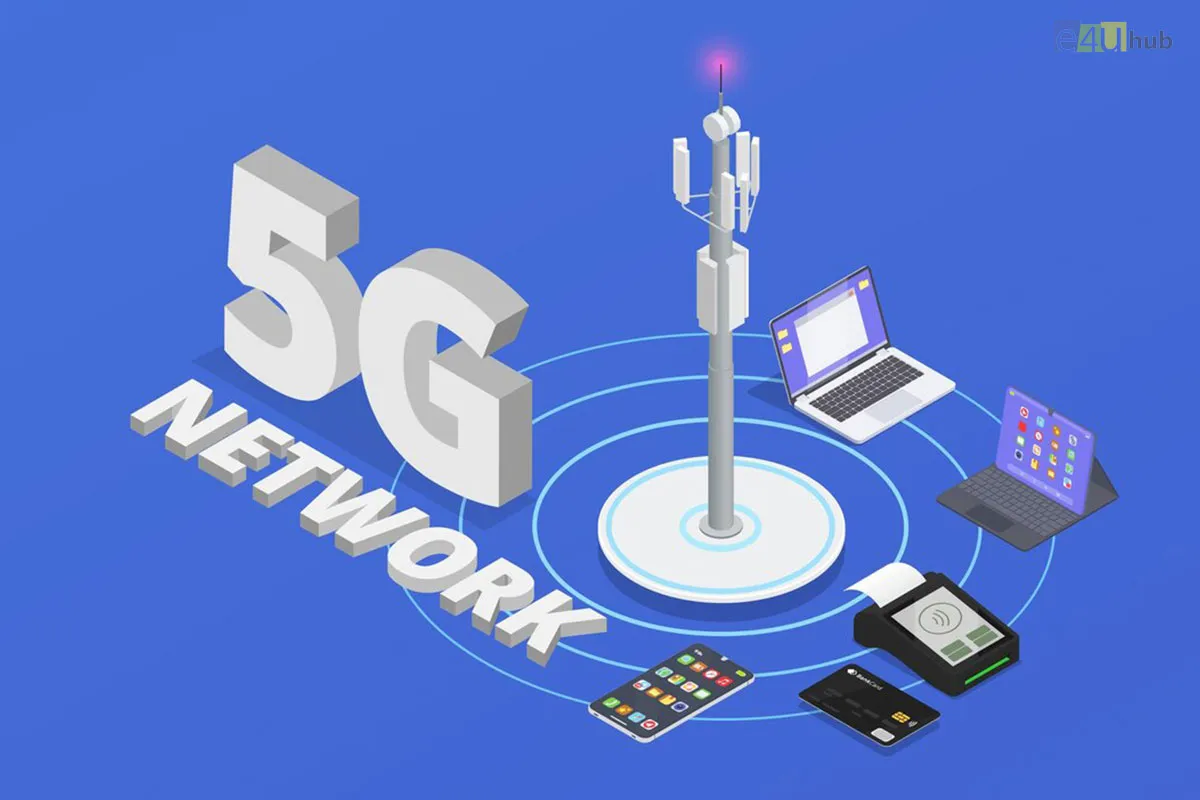




Leave a Reply